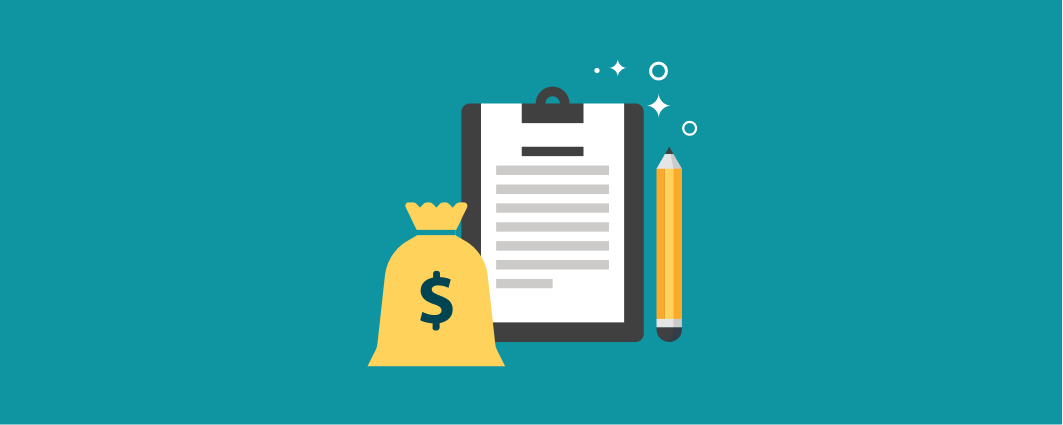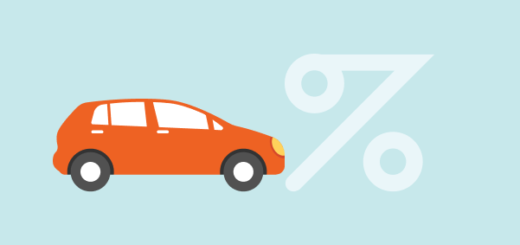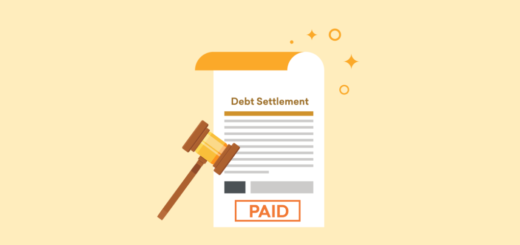Improve Your Personal Loan Application: Tips for Boosting Your Chances of Loan Approval
Our goal is to give you the tools and confidence you need to improve your finances. Although we receive compensation from our partner lenders, whom we will always identify, all opinions are our own. Credible Operations, Inc. NMLS # 1681276, is referred to here as “Credible.”
Whether you need cash for home improvements, medical bills, or another personal expense, a personal loan could be a helpful option. To qualify for a personal loan, you’ll typically need good to excellent credit, verifiable income, and a low debt-to-income (DTI) ratio.
Cleaning up your credit and paying down any outstanding debt you have could help your personal loan application get approved.
If you’re ready to take out a personal loan, here are four tips for how to improve your personal loan application:
- Check your credit report
- Don’t apply for the largest loan amount you can get
- Consider applying with a cosigner
- Find the right loan lender
1. Check your credit report
Your credit score is one of the biggest factors that lenders consider when deciding whether to approve you for a personal loan. You’ll generally need good to excellent credit to qualify — a good credit score is usually considered to be 700 or higher.
Because of this, it’s a good idea to check your credit report before applying to see what shape your credit is in. You can use a site like AnnualCreditReport.com to review your credit reports for free. If you find any errors, be sure to dispute them with the appropriate credit bureau online, in writing, or by phone to potentially boost your credit score.
- Pay all of your bills on time to build a positive payment history
- Pay credit card balances down to reduce your credit utilization.
- Keep credit accounts open to continue growing the length of your credit history.
- Avoid taking out new loans when possible to keep hard credit inquiries to a minimum.
Learn More: How to Build Credit Fast and Effectively
2. Don’t apply for the largest loan amount you can get
When you apply for a personal loan, the lender will measure the risk of lending to you. This includes looking at whether you’re reasonably able to afford an additional monthly payment on top of your current obligations.
If you try to borrow a large amount of money that would stretch your budget too thin, lenders might see you as too much of a risk — which means they likely won’t approve your application.
To calculate your DTI:
- Add up your total monthly debt payments — including your housing payment (mortgage or rent) as well as any payments reported to the credit bureaus (such as credit cards).
- Calculate your monthly gross income — this is your monthly take-home pay before taxes or deductions.
- Divide your total monthly payments by your monthly gross income, then multiply this number by 100 to get a percentage. This is your DTI ratio.
Before you apply for a personal loan, be sure to consider how much you can afford to pay toward the loan each month. This can help you figure out a loan amount that will fit comfortably in your budget — which will likely make it easier to get approved.
You can use our personal loan calculator below to estimate your monthly payments and overall loan cost with different loan amounts.
Enter your loan information to calculate how much you could pay
With a $ loan, you will pay $ monthly and a total of $ in interest over the life of your loan. You will pay a total of $ over the life of the loan.
3. Consider applying with a cosigner
If you have less-than-perfect credit, applying with a creditworthy cosigner could help you get approved for a personal loan. Not all lenders allow cosigners on personal loans, but some do.
A cosigner can be anyone with good credit — such as a parent, another relative, or a trusted friend — who is willing to share responsibility for the loan. But before someone cosigns a loan for you, it’s important that both of you understand the risks involved, such as:
- Payment liability: If you don’t make your loan payments, your cosigner will be on the hook.
- Credit damage: Missing payments on your loan will cause damage to your credit as well as your cosigner’s.
- Strained relationships: If you aren’t able to manage the payments on your loan and hurt your cosigner’s credit, you could end up straining your relationship with your cosigner.
It’s also a good idea to create a plan with your cosigner detailing what you’ll do if you aren’t able to make a payment on time.
Check Out: How to Get a Personal Loan
4. Find the right loan lender
There are a wide variety of lenders that offer personal loans, including online lenders as well as traditional banks and credit unions.
Before you apply, it’s important to shop around and compare your options from as many personal loan lenders as possible. This way, you’ll have an easier time finding an optimal loan for your situation along with a favorable interest rate.
- Loan amounts: Personal loans typically range from $600 up to $100,000 or more, depending on the lender.
- Repayment terms: You’ll generally have one to seven years to repay a personal loan, depending on the lender. While picking a longer term can get you a lower monthly payment, it’s usually best to choose the shortest term you can afford to keep your interest costs as low as possible. Many lenders also offer better rates to borrowers who opt for shorter terms.
- Fees: Some lenders charge fees on personal loans, such as origination fees or late fees. These can increase your overall loan cost. Keep in mind that if you take out a loan with one of Credible’s partner lenders, you won’t have to worry about prepayment penalties.
If you’re ready to start looking for a personal loan, Credible can help: You can compare your prequalified rates from multiple lenders in two minutes. Note that this requires only a soft credit pull that won’t affect your credit.
Ready to find your personal loan?
Credible makes it easy to find the right loan for you.
Find My Rate
Checking rates won’t affect your credit




